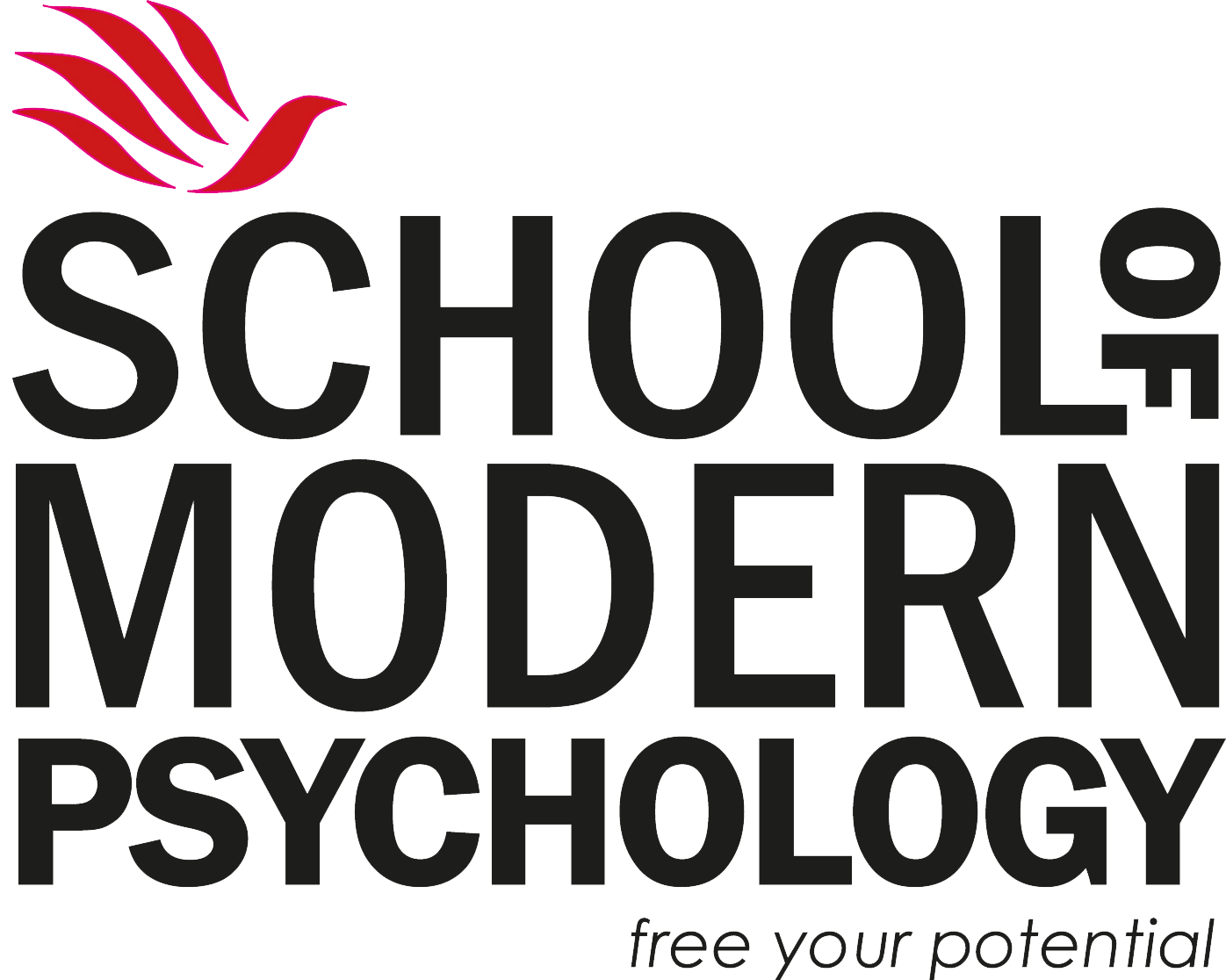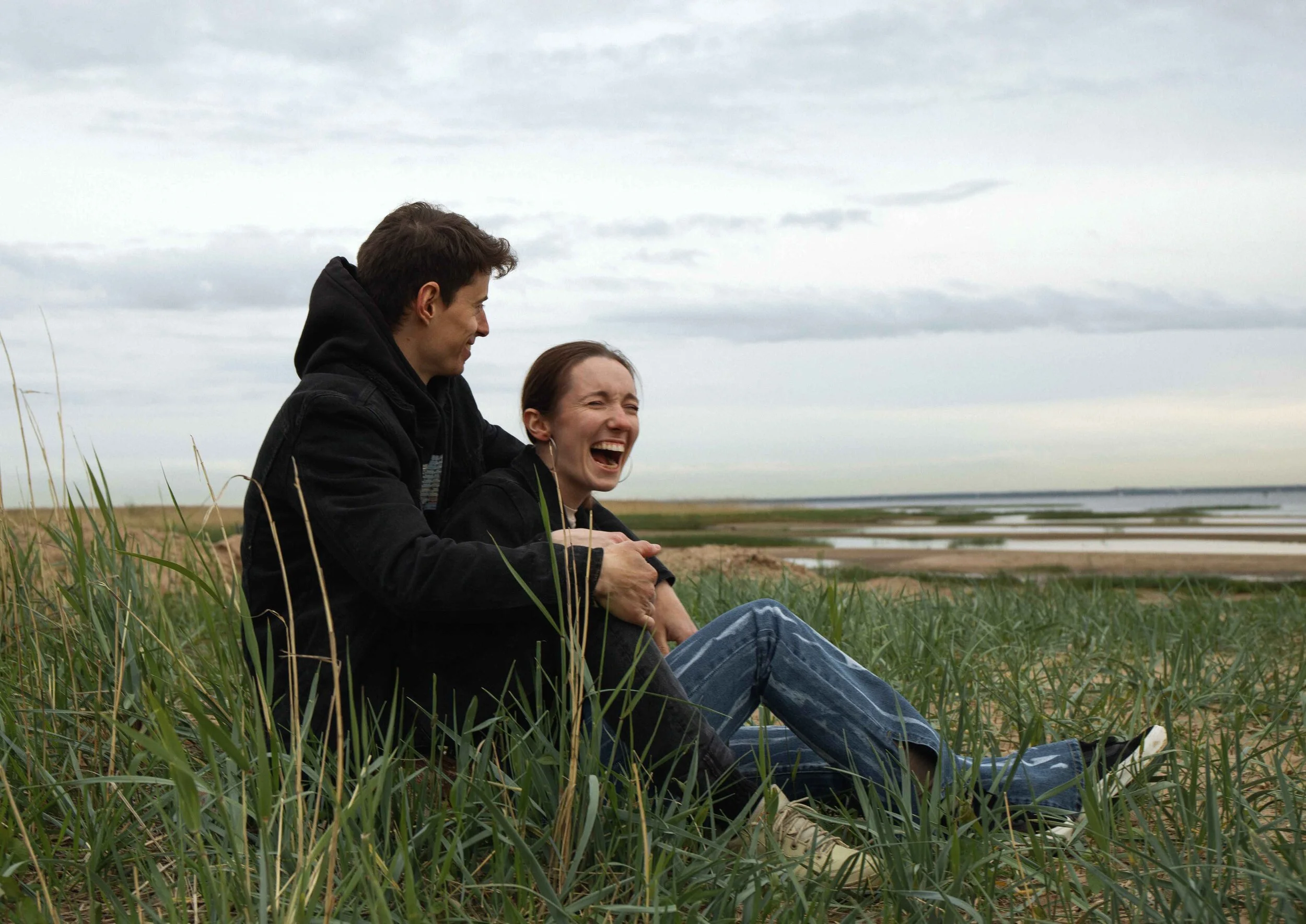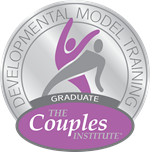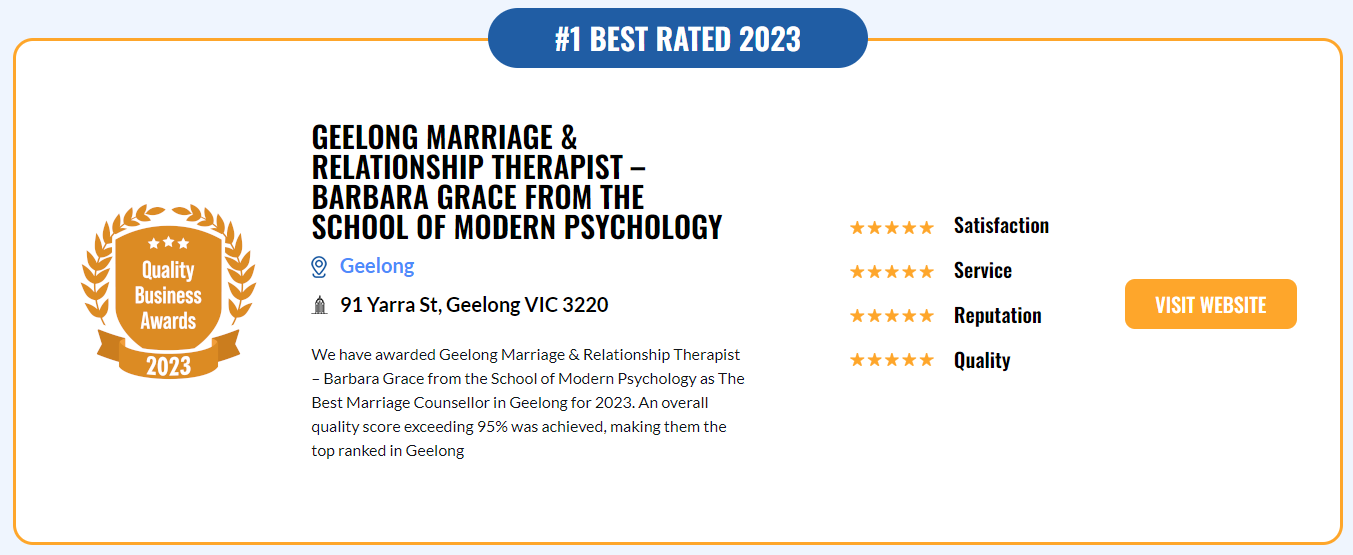How to Stop Angry Arguments in Your Relationship Change these two things and see what a difference it makes to your relationship
/“I spend my days trying to remember what only my soul knows but my mind can’t comprehend.”
― Raneem Kayyali
How often do you argue with your partner and wish you had better ways of saying what you felt without things turning into a full-blown argument?
If you’re like most couples I work with, you’ll agree. Yet, resolving conflict in a relationship isn’t quite as simple as improving your delivery, asking better questions or listening more.
Recently, a respected relationship therapist, Dr Stan Tatkin, described conflict as coming from three sources:
“The three main areas that cause conflict in relationships are memory, perception and communication”.
While his take on conflict is interesting — it’s easy to miss what he really means.
In your opinion, which of these 3 influences your arguments?
Memory? Perception? Or Communication?
Long-term memory stored neatly with every challenging and hurtful moment ever experienced in your relationship? Those ones kept in the ‘museum of hurt-heart stories’ with the power to re-open old wounds again? Or,
Relying on your perception of events captured through a personal viewpoint only you could see and feel at the time? Or,
The style of communication you use to express your needs within the relationship?
Memories of past wrongs color our perception. Of how lovable we are, how accepted we may be or how worthwhile we feel about ourselves — as partners, friends, colleagues, parents or even children.
Our perception of those memories in-turn shifts how we show up in relationships. This can cause us to freeze-up a little and become defensive, all in the hope of self-protection.
And when this happens, the underlying resentment you feel (and subconsciously express) — that’s often based on blame (or self-blame) — shifts how our partner sees us. And in turn, we then react by retreating further, which only reinforces those troubling perceptions and memories.
Whew. Complex. Circular. Self-defeating.
Most couples I work with describe wanting help with how they communicate. Tools to be more kind, more patient, more understanding with each other.
I get this. Yet it’s not what they really need.
And that’s because communication is the structured end of the work — not the place where ‘real change’ happens.
Why Clinging To Old Memories Crushes Healthy Relationships
“For a brokenhearted person memories are the vital parts of misery”― Munia Khan
Perceptions of old memories usually need shifting first. It’s as if those Perceptions of old memories — those unhealed wounded memories — usually need adjusting first. It’s as if those memories and perceptions formed a subconscious raft that’s blocking you from relating to your partner with warmth and empathy.
Once in place, this raft influences your thoughts, emotions and ultimately how you’ll act in your relationships.
Take Matty and Kim (not their real names) — a couple I consulted with recently. They wanted to work on their ‘communication skills’, hoping this would stop the number of arguments they were battling through.
As we traced the lineage of a defensive stance Kim defaulted to when angry, it went all the way back to an incident that Matty had totally forgotten about.
A few years previously, Matty described Kim’s personality in an unfortunate way (‘0-negative’ — just like her blood group) and Kim had taken it to mean ‘she wasn’t good enough’.
And this in turn reinforced how she’d felt growing up. A child often ignored in the family. A child who grew up to please others in the hope of gaining love, care and affection.
Better Communication Won’t Solve This Problem.
But it’s not the way I remember it. I long for a past that I didn’t have, for the same experiences with different emotions, without the pain, without the ambivalence, without the fear. My heart remembers two different lives and I long for the one I can only see now, in retrospect.”
― Jacqueline Simon Gunn
Long before better communication skills are learned, the re-coding of old beliefs needs to take place.
Instead of Kim continuing to feel a personal wound as a result of her personality being slighted, in the light of hindsight she could easily re-code the old belief as Matty’s need for one-upmanship.
At first glance Matty made an attempt at humor — BUT when it’s at someone else’s expense it’s closer to grandiosity than anything else. If you’re on the receiving end of thoughtless humor, it’s easy to feel shameful and unworthy — as Kim did.
While re-coding old memories helps, there’s still more to do. And that’s taking a moment to reach the small child inside Kim who continues feeling a deep emotional loneliness and sense of not being good enough.
It’s here that Kim’s work lays — better communication skills may only further mask and push down painful memories that lay in wait just below the surface.
Matty’s comments weren’t intentionally meant to hurt, yet they did. And because Kim felt shamed by his words, she pretended they didn’t mean anything.
As a child, Kim’s parents told her she was ‘too sensitive’ so the last thing she wanted was Matty to repeat these words to her as an adult.
So Kim chose to store those memories in the hurt-heart story vault — the memory vault only she has keys to — so she can remind herself of how unworthy she truly feels anytime someone carelessly tosses an unhelpful phrase at her.
Like Matty and Kim, better communication tools for arguments they’re experiencing today wouldn’t solve the memories or the perceptions Kim laid in the vault years ago.
Two Tools: Compassion and Empathy
Better communication only helps when a couple embraces two things: compassion and empathy.
These twin attributes allow for a safe place to emerge. One that’s able to heal old emotional wounds.
Without these dual skills, the soft, vulnerable, hurt places felt deeply within remain heavily guarded.
Forgetting to Remember
“Memories are nothing other than ghosts of our past selves that haunt us. Ghosts are nothing more than memories trying to get our attention.”
― Kiran Manral, More Things in Heaven and Earth
Most of us know how to be nice to people, how to help others feel good about themselves, how to be kind and considerate. How to listen when someone needs to talk, how to care for someone when unwell.
The problem is we ‘forget’ how to do this for the person who is our cornerstone in life — our partner.
And that’s because we stop looking. We stop listening. We stop feeling. We stop noticing the small things — those often subtle signals that our partner’s gently request to receive attention, love and care so they feel more connected.
Literally, these are the actions of compassion and empathy: noticing another’s need beyond our own.
It’s in this place of remembering the people we were when we first got together with our partners that relationships flourish, become extraordinary and serve the purpose they were designed for.
Taking Action
The next time you and your partner find yourselves triggered into another argument, pause. And ask yourself:
“If beneath this anger there was an unhealed wound, what would it be?”
The simple act of doing this begins the re-awakening of compassion and empathy.
While you’re here, download the 6 FREE tools to help build healthy relationships.











